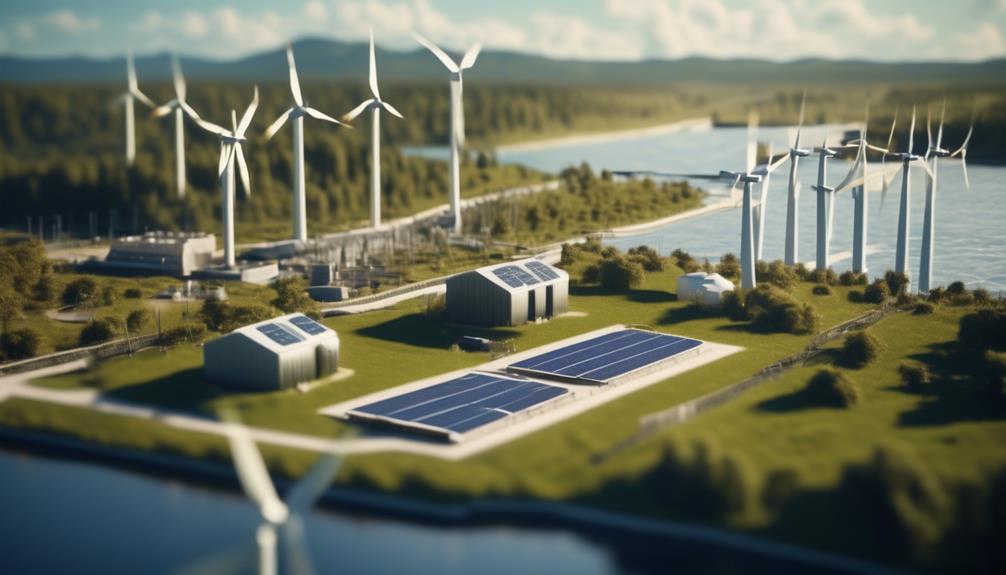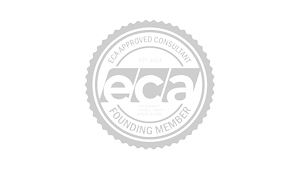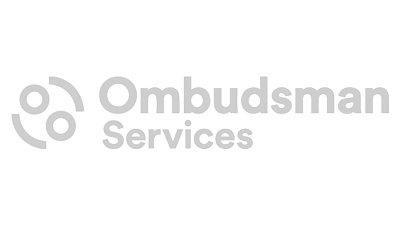In today’s rapidly evolving global economy, businesses are increasingly seeking sustainable and cost-effective energy solutions. The shift towards renewable energy sources not only promises significant financial savings but also offers an opportunity to enhance brand reputation and demonstrate environmental stewardship.
Navigating the transition to green energy, however, presents a complex challenge, encompassing the evaluation of available options, overcoming implementation hurdles, and maximising the benefits of such initiatives.
Drawing from a deep well of expertise in sustainable energy solutions, this article is tailored for business leaders and decision-makers eager to harness the advantages of renewable energy. By resonating with your specific needs and concerns, it aims to provide a clear roadmap for integrating renewable energy into your operations, thereby improving efficiency and contributing to a more sustainable future.
As we delve into the strategic considerations and practical steps for adopting renewable energy, you’ll find comprehensive insights to guide your journey, encouraging you to read on and explore how to effectively leverage sustainable energy solutions for your business.
Advantages of Renewable Energy
Renewable energy presents several distinct advantages for businesses seeking to optimise their operational efficiency and sustainability. By investing in renewable energy sources such as solar panels and wind turbines, businesses can reduce their reliance on traditional energy sources, thereby stabilising energy costs and reducing vulnerability to price fluctuations. This not only provides cost savings in the long run but also contributes to a more sustainable energy future.
Furthermore, the use of renewable energy allows businesses to reduce their carbon footprint, thereby enhancing their environmental credentials and overall reputation. The potential income from selling excess electricity back to the grid also presents an attractive financial opportunity for businesses. This additional revenue stream can contribute to overall business profitability.
Moreover, renewable energy offers enhanced energy planning and usage flexibility, allowing businesses to have more control over their energy consumption. This flexibility can lead to improved operational efficiency and reduced energy waste.
Renewable Energy Options for Businesses
With the increasing demand for sustainable energy solutions, businesses are exploring a diverse array of renewable energy options to meet their operational needs. One of the most popular options is installing solar panels, which utilise sunlight to generate electricity for business operations.
Additionally, businesses can also consider utilising wind power by installing wind turbines to generate clean and sustainable electricity. Other alternative energy sources include biomass systems, which generate electricity and heat by burning or fermenting organic material, solar thermal energy to heat water for various business processes, and anaerobic digestion to generate heat and electricity by burning methane produced from breaking down organic material.
Switching to renewable energy not only helps in reducing carbon emissions but also contributes to energy efficiency, making it a practical choice for small businesses and commercial buildings.
Moreover, businesses can also consider obtaining renewable energy certificates to support and validate their commitment to using renewable energy sources.
Steps to Implement Renewable Energy
To effectively transition to renewable energy, businesses must first conduct a comprehensive energy audit to analyse their current energy usage and identify potential areas for integration of sustainable energy solutions.
Once the energy audit is completed, businesses can begin implementing renewable energy by researching and investigating various renewable energy options suitable for their operations. It is crucial to consult with renewable energy experts to determine the most viable and efficient solutions that align with the company’s sustainability objectives.
After identifying the appropriate renewable energy options, it is essential to explore financing options to offset upfront costs, as this can significantly reduce the financial burden associated with the transition.
Additionally, working with professionals for the installation and maintenance of renewable energy systems ensures that the implementation process is carried out seamlessly and efficiently.
Case Studies: Successful Renewable Energy Implementation
Amidst the growing demand for sustainable energy solutions, case studies showcasing successful implementation of renewable energy in businesses provide valuable insights into the practical benefits and operational advantages of such initiatives. These case studies demonstrate the positive impact of transitioning to renewable energy sources, such as solar and wind power, on business efficiency and profitability. The table below outlines two successful implementations of renewable energy in businesses, highlighting the specific benefits achieved.
| Business | Renewable Energy Source | Benefits |
|---|---|---|
| ABC Café | Solar panels | Reduced energy bills, enhanced brand image |
| XYZ Manufacturing | Wind turbine | Cost savings, energy independence |
Implementing renewable energy solutions not only reduces environmental impact but also positively impacts business operations. These examples illustrate the potential for small businesses to leverage renewable energy to achieve cost savings, energy independence, and improved brand image. By conducting energy audits and strategically implementing renewable sources, businesses can enhance their operational efficiency while contributing to a sustainable energy future.
Future of Renewable Energy in Business
Building upon the demonstrated benefits of renewable energy implementation in businesses, the future of renewable energy in business holds promising potential for further enhancing operational efficiency and sustainability.
As businesses strive to reduce energy costs and carbon footprint, transitioning to renewable energy sources such as solar panels and wind energy can offer a sustainable solution. Moreover, the potential income from selling surplus electricity back to the grid through power purchase agreements presents a lucrative opportunity for businesses.
Small businesses, in particular, stand to gain energy independence, cost savings, and an improved market image by embracing green energy technologies.
Looking ahead, the future of renewable energy in business also encompasses emerging technologies such as wave generation, enhanced geothermal, and space-based solar power, offering a glimpse of the innovative possibilities that lie ahead.
While the initial investment in renewable energy technology varies, the long-term benefits in terms of stable energy costs and reduced emissions make it a compelling choice for businesses aiming to enhance their sustainability and efficiency.


















